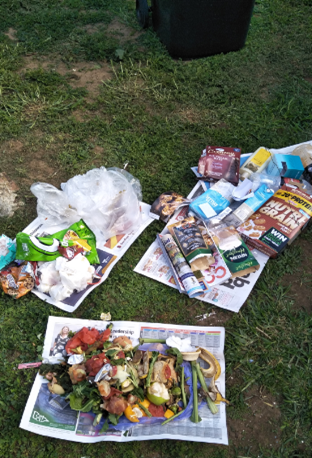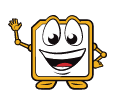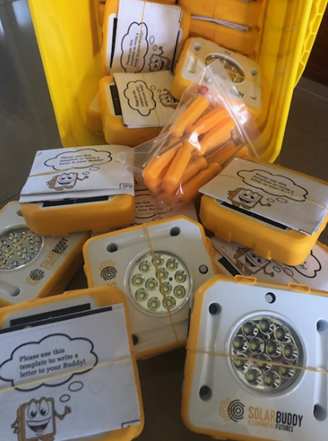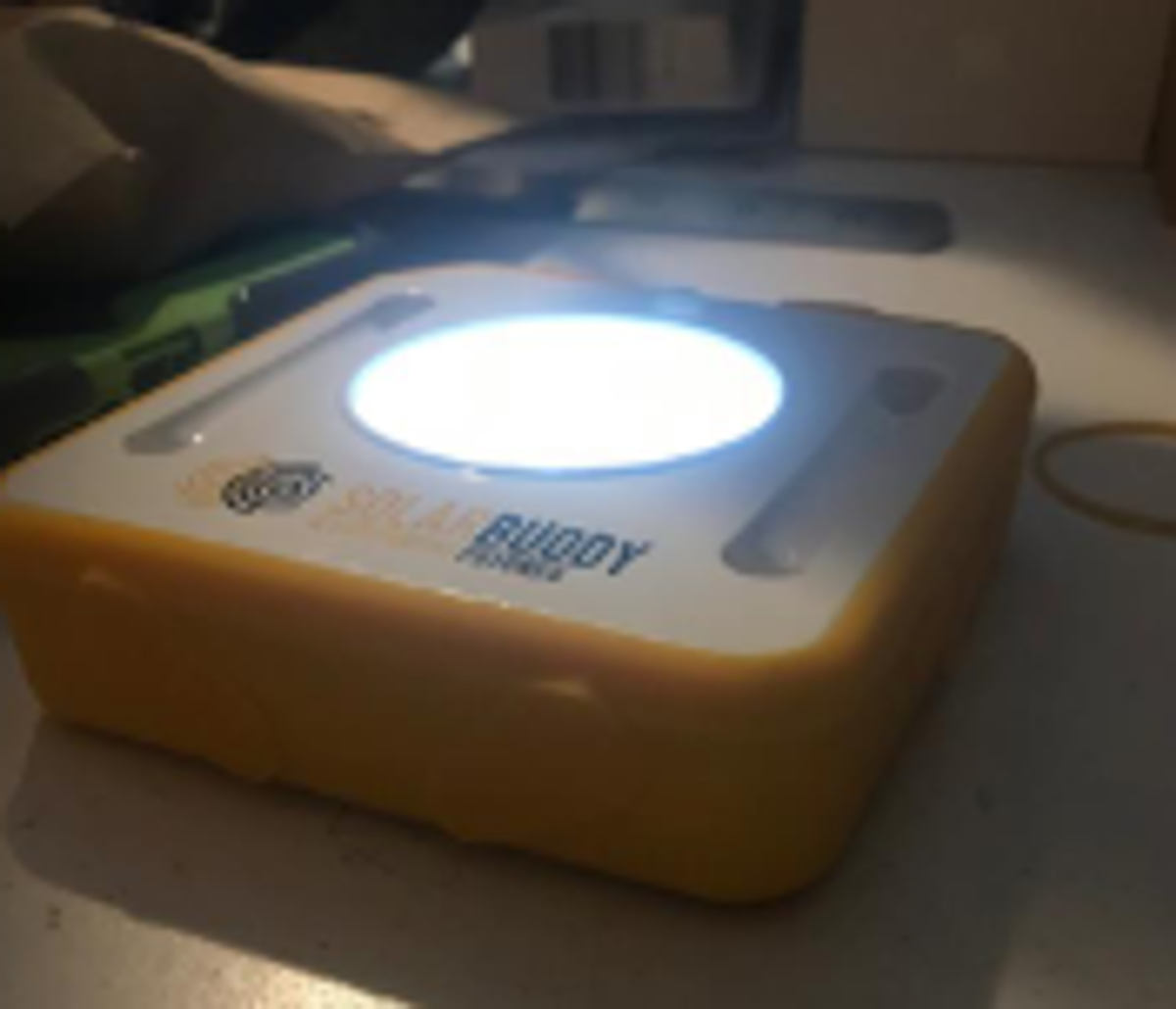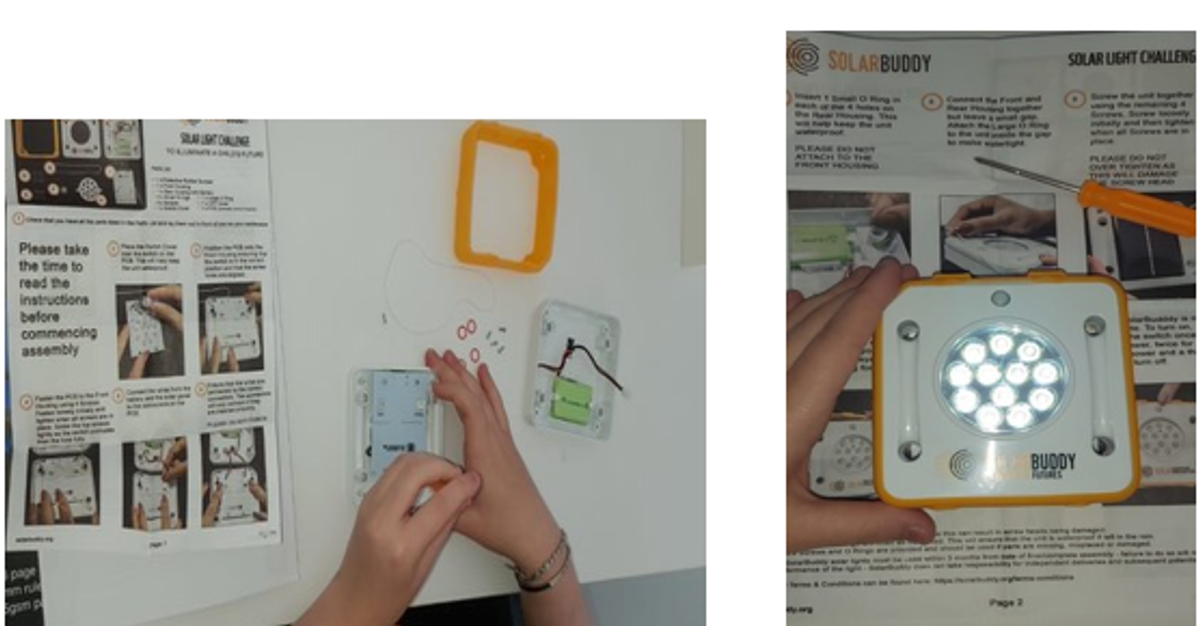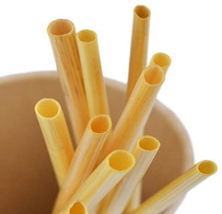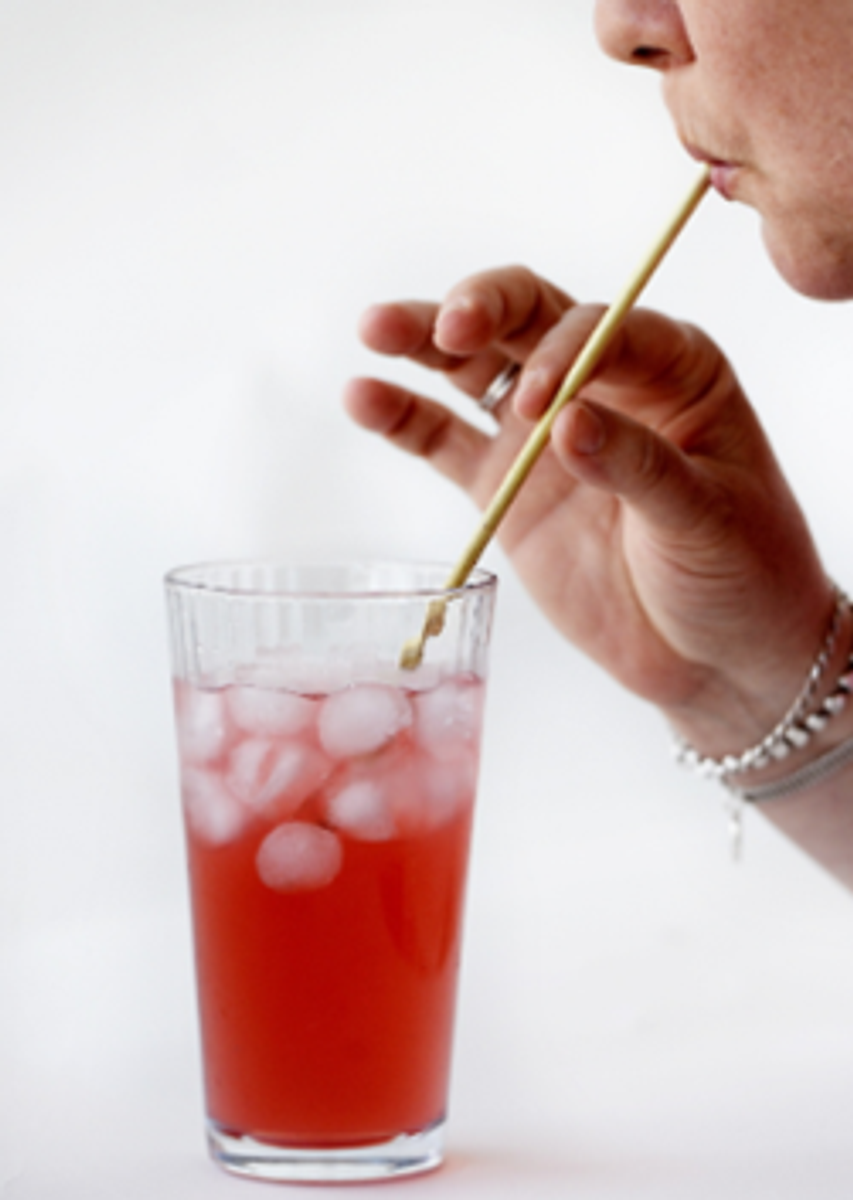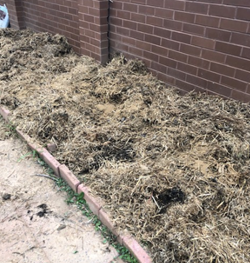Year 9 Humanities/Science
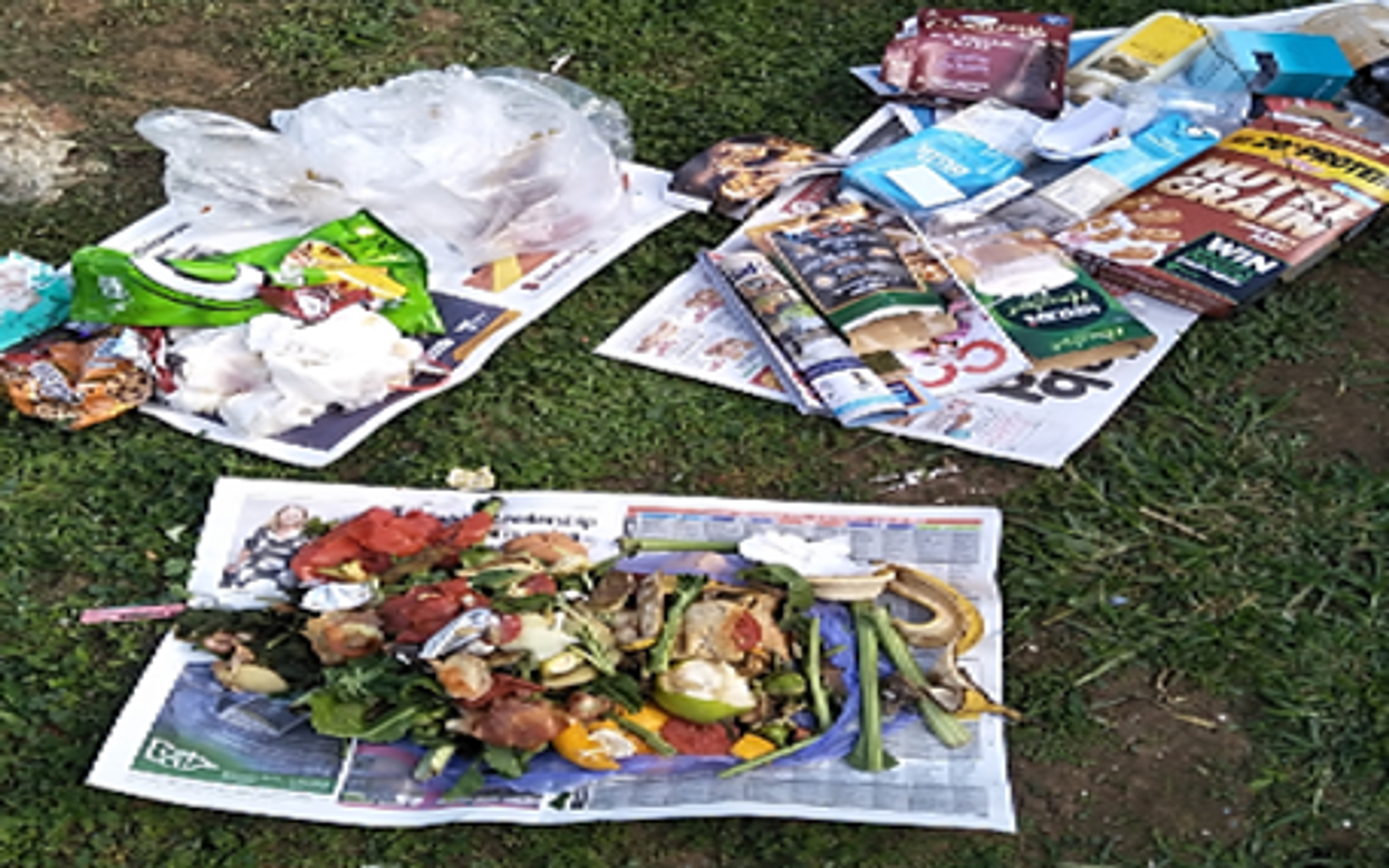
'My 2040'
During remote learning, the students of the Humanities/Science Elective called ‘My 2040’ have been completing a number of hands-on tasks at home. Towards the end of Term 1, students had been learning about waste, ethical consumerism and up-cycling.
Their first Learning Task at the start of Term 2 in relation to these topics had students doing a household waste audit to work out what types of rubbish were being placed in their internal rubbish bins. Students had to sort their household waste in to 5 categories: landfill, e-waste (electronics), food waste, soft plastics, and recyclables.
The data that students collected from this audit will give them a baseline to work with in order to implement some changes within their homes. This will work towards helping them to reduce the amount of waste that ends up in landfill.
Most students discovered that soft plastics made up the bulk of their bin contents. Soft plastics includes items such as:
- cling wrap
- silver chip packets and biscuit wrappers
- plastic snack wrappers such as muesli bars
- bread bags
- plastic bags
- pasta and rice bags
These can all be recycled by dropping them off at various REDcycle collection bins, found in supermarkets throughout the Goulburn Valley (but which are unfortunately not in operation due to Covid-19 at the moment).
The soft plastics are recycled and made into various products such as furniture, playground surfaces and asphalt additives (materials used to make road surfaces).
https://www.redcycle.net.au/what-to-redcycle/
The next two topics that students will be learning about in ‘My 2040’ are Alternative energy and regenerative agriculture.
As part of a program run by the Australian charity, SolarBuddy, students have been assembling solar lights this week, which will be distributed by the charity to children from developing countries like Papua New Guinea. Many people in developing nations experience what is known as Energy Poverty.
This is when households either have no access to power/electricity or their local grid is unreliable, and they rely on diesel power or kerosene to enable them to have lighting at night. This can be unhealthy and dangerous, which means many children in these situations have no lighting, reducing their ability to study. Our students will write letters to their ‘Solar Buddy’ and, on receiving the solar light, their buddy will write back and include a photo of them using the light to do things like study to improve their educational outcomes, as well as cook and play games with their families – things that we take for granted.
By assembling the solar lights, students will not only gain a greater understanding of how solar energy works, but they will also be on the path to becoming global citizens.
Beray assembling her light kit at home (below right) and the finished product ready for collecting and distribution!
Students were also given a bag of Rye Corn seeds, with instructions on how to grow them. Rye Corn can grow up to 1-2 metres tall and the stems can be used to make biodegradable drinking straws! The tops and bottoms of the plant can be snipped off once it has grown to its full height, and the stems can be cut in to 20cm lengths, dried and even coloured to use as drinking straws, as an alternative to plastic straws, which can have a negative impact on marine life and take hundreds of years to break down.
Paper straws are made from ‘virgin’ wood, which means that they cannot be created from recycled paper due to the standards required for food grade products. Once used, they go soggy and can’t be recycled.
***********************
Left - Mr Townsend's Paddock to Plate class & Mrs Hoskin's 'My 2040' class, have been preparing garden beds.

